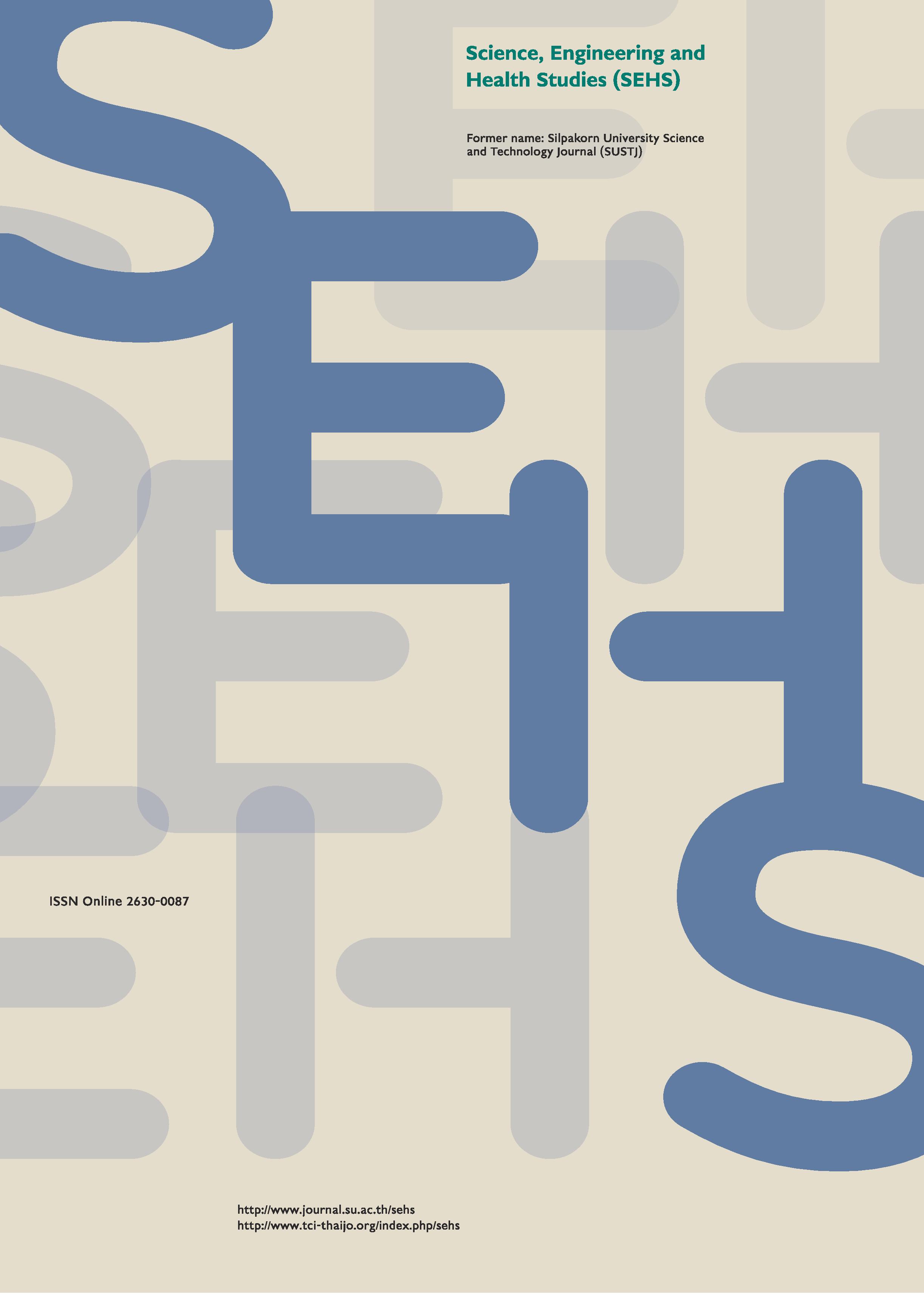Active learning: A preliminary study in “Medicines with special administration” class
Main Article Content
Abstract
Active learning is a teaching approach which students engage in the learning process. It can increase student's motivation and knowledge. This study was aimed to assess learning outcomes and student perceptions after various activities were applied to support active learning approach in "Medicines with special administration" class of the pharmacy practice course. Instructor created various activities such as effective questioning, demonstration, and discussions of real-life problems to promote active learning. The learning outcome was assessed from paper examination. Student perceptions were self-assessed by data collecting forms. The study was carried out with 174 students who registered to pharmacy practice course. There were 133 students (76.44%) who achieved the learning outcome. Students perceived that the teaching approach was active learning with the average score of 9.05±0.80 (with a scaling of 1 to 10). Students agreed that instructor encouraged students to think and solve problems, and also illustrated important issues with the average score of 4.48±0.60 (with a scaling of 1 to 5). The barrier of this active learning approach was that the amount of content did not correspond with the limited time. It can be concluded that the course learning outcome was achieved from this active learning approach practically the same as from traditional lecture of other topics. This approach may be used to improve active learning in the pharmacy education in the future.
Downloads
Article Details
References
Basheti, I. (2014). The effect of using simulation for training pharmacy students on correct device technique. American Journal of Pharmaceutical Education, 78(10), Article 177.
Chiu, P. H. P and Cheng S. H. (2017). Effects of active learning classrooms on student learning: a two-year empirical investigation on student perceptions and academic performance, Higher Education Research & Development, 36(2), 269-279.
Chutimaworaphan, S., Wongpoowarak, P., and Hemachudha, A. (2011). Handbook of Competence Standards for the Pharmacy Profession. Bangkok: The Pharmacy Council of Thailand.
Diseth, Å., Pallesen, S., Brunborg, G. S., and Larsen, S. (2010). Academic achievement among first semester undergraduate psychology students: the role of course experience, effort, motives and learning strategies. Higher Education, 59(3), 335-352.
Gleason, B. L., Peeters, M. J., and Resman-Targoff, B. H., et.al. (2011). An active-learning strategies primer for achieving ability-based educational outcomes. American Journal of Pharmaceutical Education, 75(9), 186-186.
Iramaneerat, C. (2018, December). Basic concept of active learning. Paper presented at the Faculty of Medicine Siriraj Hospital Conference on Active Learning, Bangkok, Thailand.
Rockich-Winston, N., Train, B. C., Rudolph, M. J. and Gillette, C. (2018). Faculty motivations to use active learning among pharmacy educators. Currents in Pharmacy Teaching and Learning, 10(3), 277-284.
Stewart, D. W., Brown, S. D., Clavier, C. W. and Wyatt, J. (2011). Active-learning processes used in US pharmacy education. American Journal of Pharmaceutical Education, 75(4), 68.


